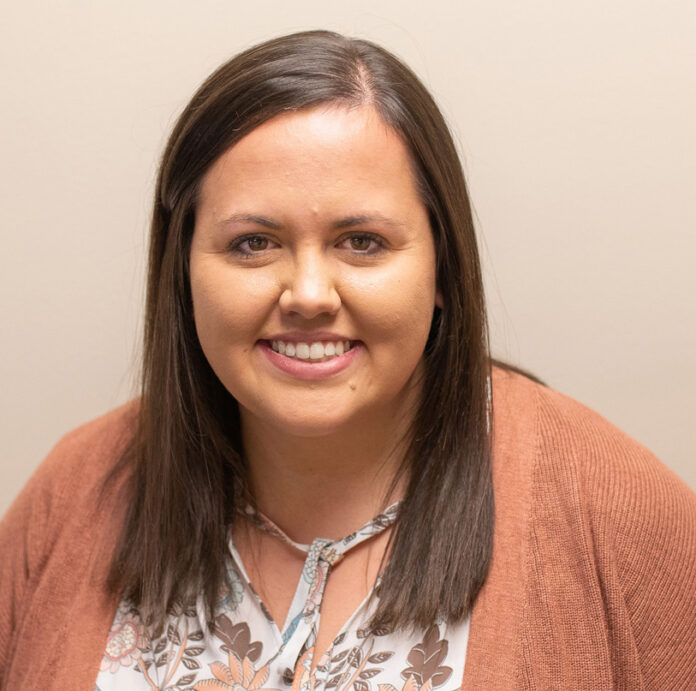By Kayla Bergman
With the Biden administration focused on addressing climate change, the U.S. Department of Agriculture (USDA) recently announced plans for the Climate-Smart Agriculture and Forestry Partnership Initiative.
As they move forward with development, it’s crucial USDA works with existing private sector markets. However, the support should not duplicate efforts, nor should a federal program facilitate transactions of carbon sequestration payments to producers.
Instead, leaders of this proposed program should consult farmer participants and private sector leaders to identify needs and barriers to scaling up these efforts. These collaborative efforts will help producers feel secure and confident about the program they are entering. Additionally, federal guidelines on transparency, data security, and verification protocols will make significant progress in helping producers feel comfortable with the opportunity to receive financial incentives to implement additional conservation practices.
The program can also support private sector markets by providing data to ensure the verification of carbon being sequestered by individual climate-smart practices. Standard data to reference no matter the program a producer enters will eliminate a current barrier to entry for many producers.
To successfully expand markets, the program needs to consider additional conservation practices beyond those currently being incentivized. Cover crops and no-till are vital practices in sequestering carbon, but there are others that need to be implemented, including extended crop rotation, science-based trials of row crops integrated with prairie strips, wetlands, riparian buffers, and filter strips.
Other keys to the program’s success will be making sure partnerships include a wide range of landowners and producers by requiring a certain percentage of services go to farms under the state’s average farm size and that underserved producers and landowners have equal access.
With limited investments of this degree, USDA needs to use this opportunity to engage farmers and field experts to understand the best path forward.
Bergman is a senior policy associate, Center for Rural Affairs













